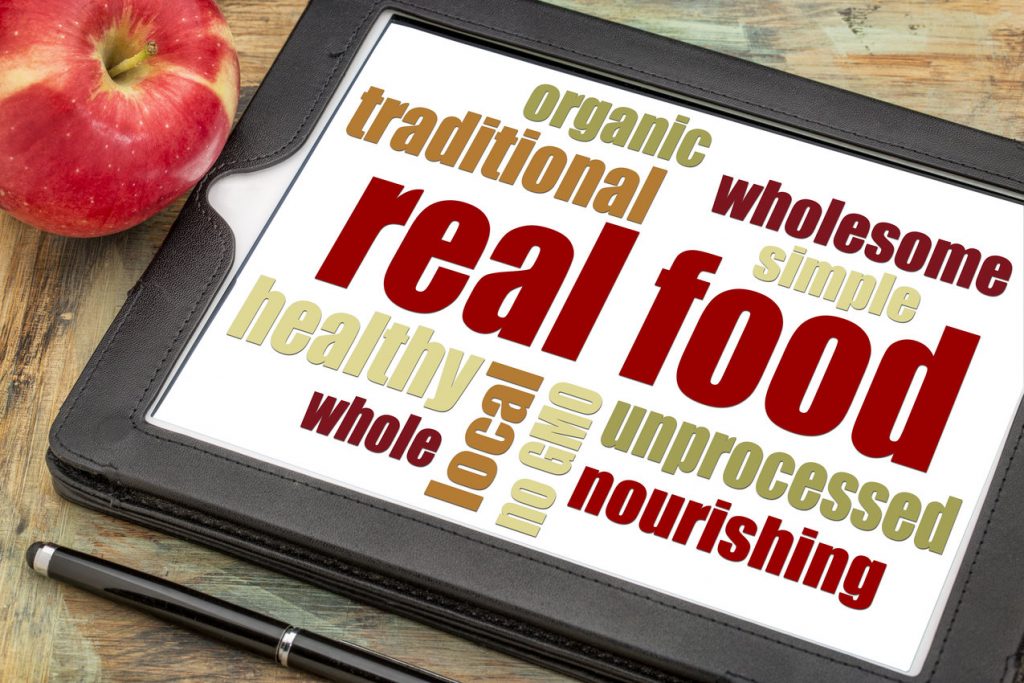
Have you noticed an increase in the number of organic options at your local grocery store over the past several years? If you thought you did, you weren’t imagining it. The United States (U.S.), the largest organic food and beverage market in North America, was valued at $40 billion in 2015—almost half of the global organic market ($91 billion). And the global organic market isn’t expected to slow down anytime soon. Grand View Research, a U.S. based market research and consulting company, projects that the global organic food and beverage market will reach $320.5 billion by 2025.
What Is It?
What does it mean for a strawberry or cut of beef to be labeled organic? The short answer is that there is no short answer. For something to be labeled organic, it has to meet specific regulations in the country where it was grown. So, foods labeled organic in Germany need to meet German regulations, and foods grown in the U.S. need to meet specific U.S. regulations. Crops in the U.S. must be grown without the use of synthetic pesticides, bioengineered genes (GMOs), petroleum-based fertilizers, and sewage sludge-based fertilizers. Livestock, on the other hand, must be raised without antibiotics, growth hormones, or animal by-products, and must have access to the outdoors and be fed organic feed.
Why Eat It?
The difference between using organic versus conventional methods offers benefits not only to the Warren and Metro Detroit Area consumers who consume them but also to the environment where the crops and livestock were grown or raised. Organic farming methods have been found to reduce pollution and soil erosion, conserve water, use less energy and increase soil fertility. Ongoing research in both the U.S. and Europe, the second largest organic market behind the U.S., has shown that consuming organic products increases the number of beneficial nutrients (ex. antioxidants and omega-3 fatty acids) and decreases the number of pesticides, preservatives, GMOs, growth hormones, and antibiotics that are consumed. A 2016 European Parliamentary Research Service found the following benefits of eating organic:
- Reduced occurrence of adult obesity and type-2 diabetes
- Reduced incidence of cardiovascular diseases and other diseases
- Reduced environmental impact due to fewer greenhouse gas emissions
- Reduced exposure to pesticides through food, which improves cognitive development
- Reduced prevalence of adolescent allergies
- Reduced processing leads to higher levels of antioxidants like omega-3 fatty acids
- Reduced vulnerability to heavy metal cadmium, commonly found in artificial fertilizers
- Reduced risk of antibiotic resistance
Who Wants It?
With the increase in demand for organic products and the new knowledge about the benefits of eating organic, it won’t be long before more Warren and Metro Detroit Area employees start asking for healthier snacks and beverages. Instead of reacting to their requests, get ahead of the curve and offer healthy snacks and beverages in your office break room now. Whether you are looking to switch to healthier options or are considering a vending solution for the first time in Warren and the Metro Detroit Area, American Vending can help. Call us at 248.895.2606 to learn about the different options available.

